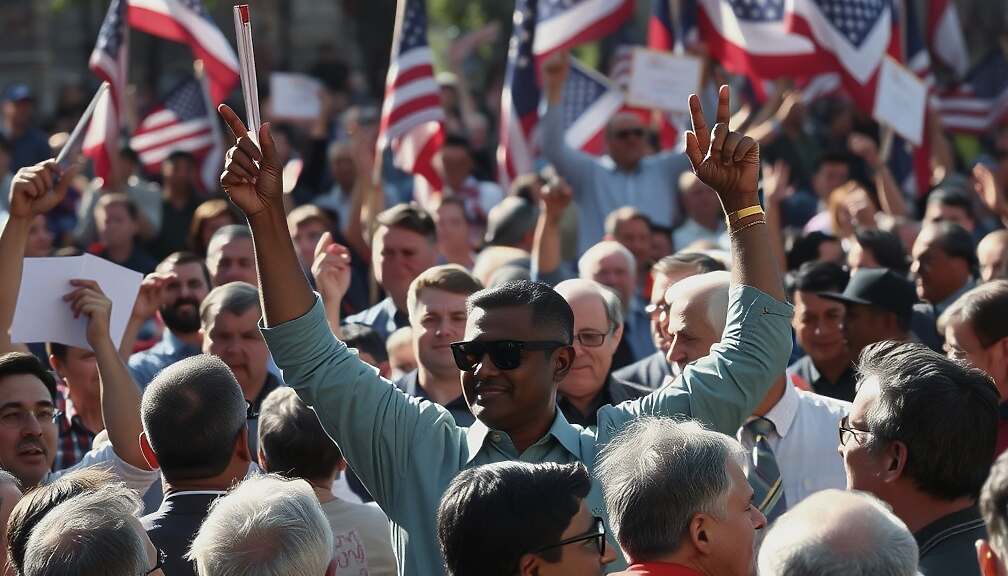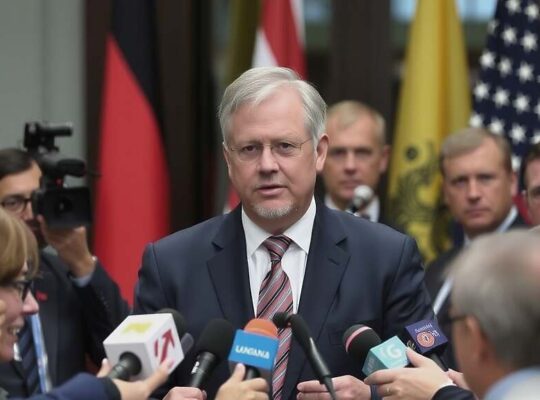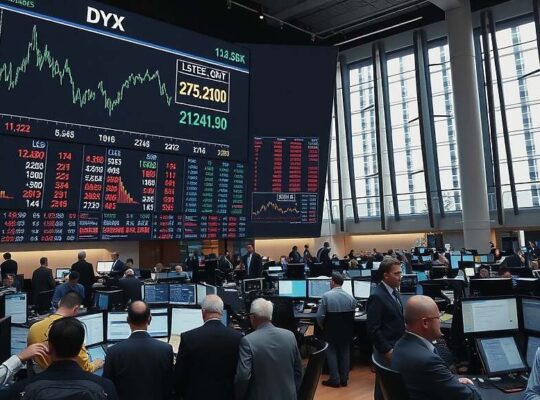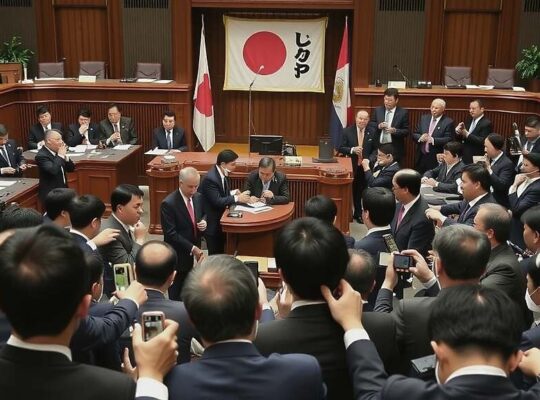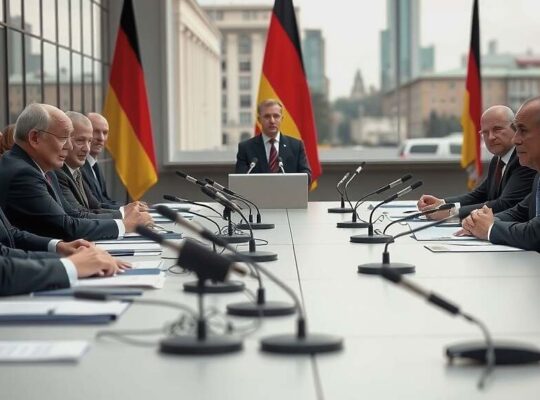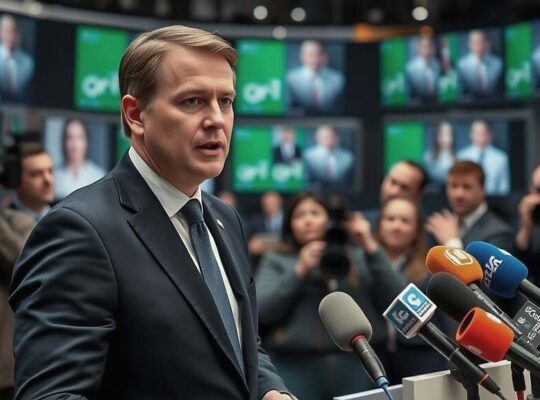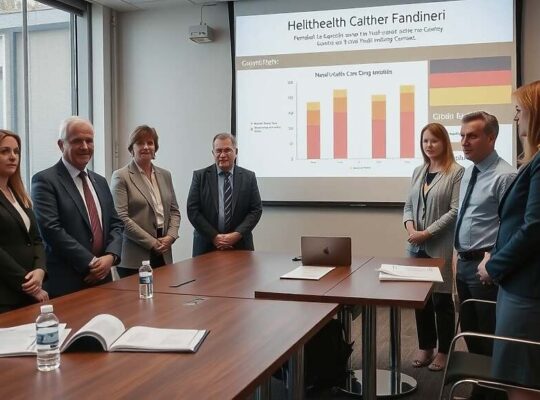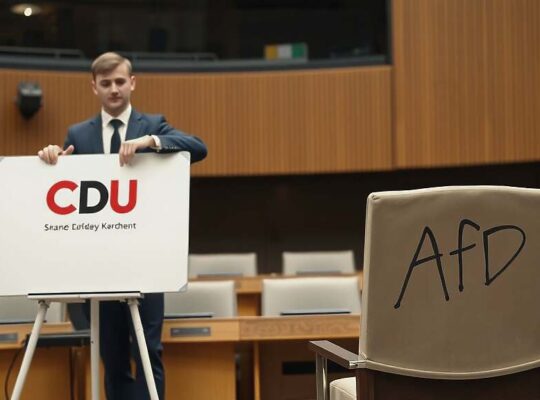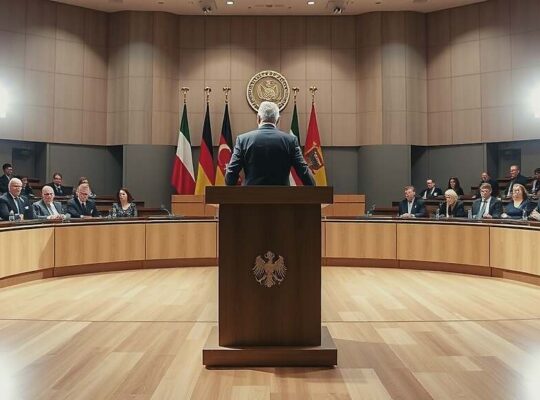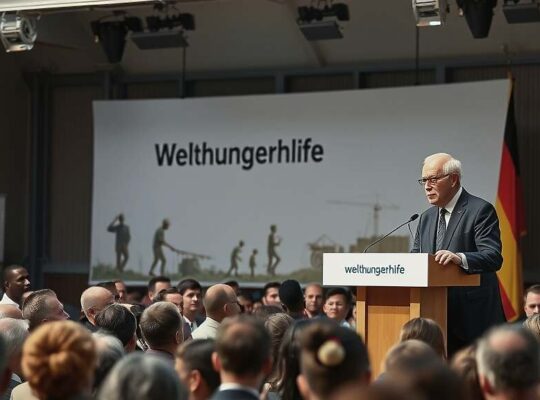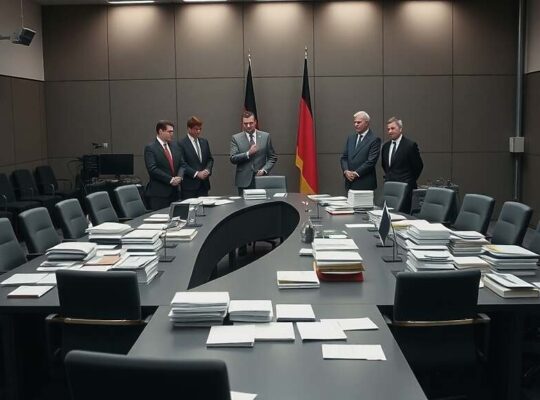Bolivia has ushered in a significant shift in political power with the Christian Democrat Rodrigo Paz Pereira securing victory in the presidential runoff election. Preliminary results from the electoral authority indicate Paz garnered approximately 55% of the vote, decisively defeating former President Jorge Quiroga. This marks a watershed moment for the nation, representing the first change of leadership in nearly two decades following the long-standing dominance of the Movimiento al Socialismo (MAS) party. The MAS candidate, Eduardo del Castillo, failed to advance in the initial round, effectively paving the way for this transition.
The election unfolded against a backdrop of profound economic challenges, a stark contrast to the relative stability enjoyed during the MAS era. Bolivia is grappling with a crippling economic crisis, characterized by a sharp decline in natural gas exports, a surge in inflation reaching levels not seen in 40 years and severe fuel shortages. Both Paz and Quiroga campaigned on platforms advocating for a partial rollback of the state-led economic model previously championed by MAS, although their proposed approaches differed considerably. While Paz positioned himself as favoring a gradual and measured reform, Quiroga proposed more radical and immediate austerity measures.
The incoming Paz administration faces a formidable task. His party lacks a parliamentary majority, necessitating the formation of strategic alliances to effectively govern and implement his agenda. The lack of a legislative cushion threatens to create deadlock and compromise his ability to address the nation’s pressing economic woes. Furthermore, the deep-seated socio-economic divisions exposed during the election campaign will require careful navigation and inclusive policy-making to ensure stability and widespread support. The success of Paz’s tenure hinges on his ability to bridge these divides and forge a consensus that moves Bolivia beyond the polarized political landscape of recent years, particularly given the urgent need to revitalize the economy and alleviate the burden on ordinary citizens. The transition, slated for November 8th, promises a period of uncertainty and potential upheaval as Bolivia navigates its new political reality.


